“Atomic Anne” turns spotlight on Swiss sleuths
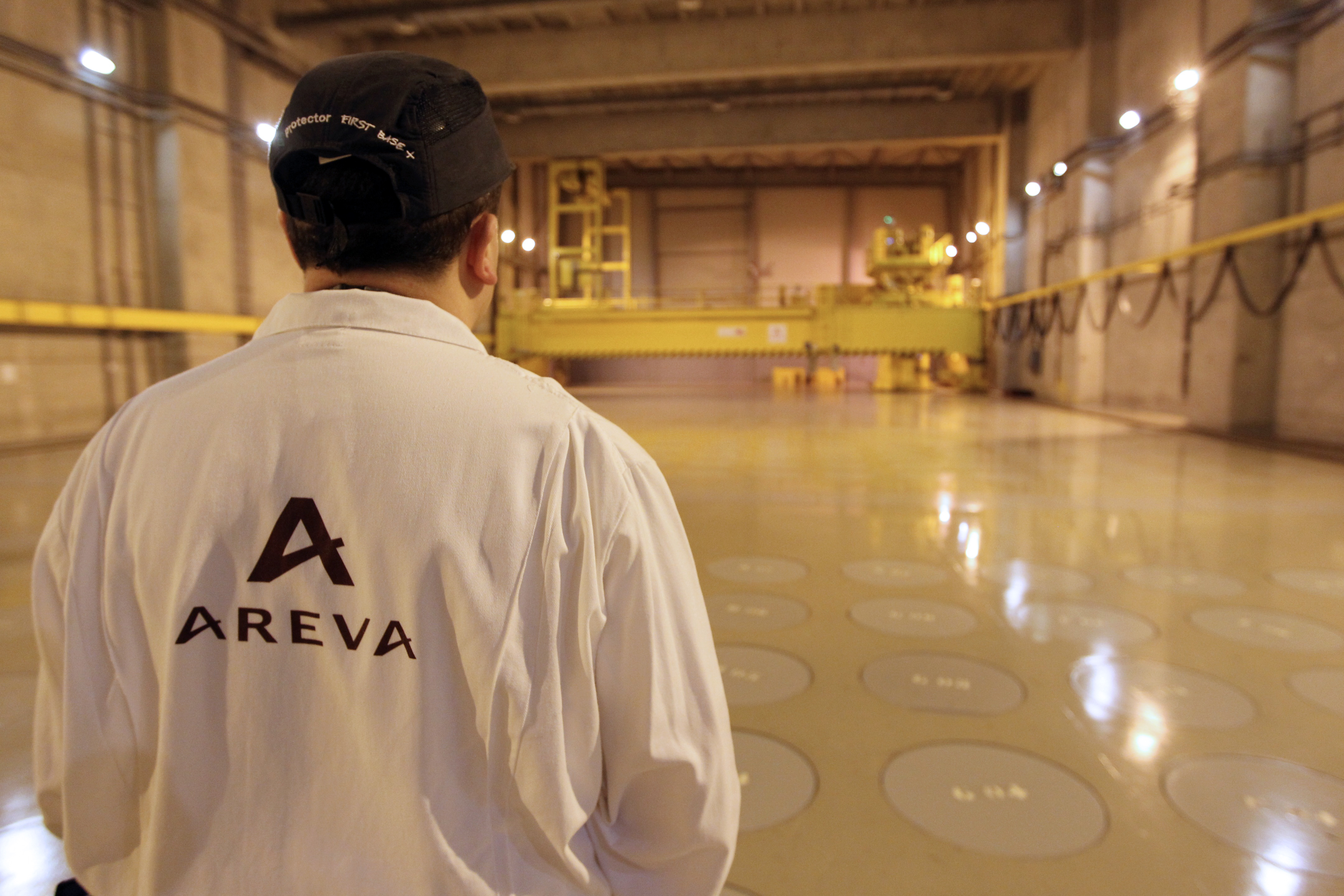
Revelations about alleged spying cases involving Swiss investigators, French nuclear giant Areva and Nestlé have put “economic intelligence” in the limelight.
Switzerland’s small but discreet world of competitive intelligence and security firms centres mainly on Geneva. Unlike neighbouring France, it is said to enjoy a margin of manoeuvre thanks to its legal framework and a less formal approach.
Geneva-based intelligence agency Alp Services and its director Mario Brero have been at the centre of a business scandal involving “Atomic Anne” – former chief executive of Areva, Anne Lauvergeon – her husband Olivier Fric, and Areva executives.
Lauvergeon, the ousted boss of the French state-controlled nuclear reactor maker, last month launched legal action in Paris over alleged illegal activities by the Swiss private investigator.
The Areva case has lifted the lid on the little-known sector in Switzerland, which trails behind English-speaking countries, France and Germany in the use of investigative firms to help gain a competitive edge and protect business interests.
Growth area
There are presently around a dozen firms active on Swiss territory, mostly in Geneva, including Alp Services, One Intelligence, Kroll and Diligence.
“It’s an emerging, growth sector,” Hélène Madinier, professor at the Geneva School of Business Administration which launched a course on competitive intelligence in 2010, told swissinfo.ch.
“They are relatively discreet. For some of them competitive intelligence is just part of their activities; they might also be involved in general detective or investigation work.”
For specialist Stéphane Koch, their presence can be explained by Geneva’s international status, the large number of NGOs and multinationals, and a rather relaxed attitude.
“France has a more formal approach, while in Switzerland rules are lacking to frame or regulate the profession,” he explained. “Everyone does what they like.”
Plotting and probing
In the Areva case Lauvergeon accused her former employees of spying on her and claimed she had been a victim of a plot to destabilise her.
Sébastian de Montessus, head of Areva’s mining division, recently confirmed he hired Alp Services to inspect the company’s disastrous €1.8-billion (SFr2.1 billion) purchase in 2007 of mining start-up Uramin without telling Lauvergeon, his boss at the time.
But he insisted he launched the probe to examine the deal and to see if Lauvergon’s husband Fric had “illegally benefited” and not to snoop on people’s private lives or use illegal methods like wire-tapping.
On February 1, Transparency International France announced it had joined Greenpeace and Worldwatch in filing a legal complaint at a Paris court against unidentified persons relating to the Areva affair after reports in the French press.
According to the Journal de Dimanche newspaper, among his various proposals, Alp Services Director Brero had suggested “preventive surveillance and infiltration/lobbying” of the three non-governmental organisations for €40,000-60,000 per month, which was rejected.
Meanwhile, Brero’s lawyer, David Bitton, has denied his client either “tailed anyone or carried out illegal phone-tapping”.
Crossing the line?
Marie-Laure Ingouf, a partner with the legal firm Tamalet, Ingouf and Hollard, which is representing Transparency International France said most big firms now use corporate intelligence agencies: “This is not a problem. It’s just the legal framework that needs to be respected and sometimes it’s a bit vague.”
Knowing when corporate sleuths cross legal or ethical red lines, when economic intelligence might become industrial espionage, is not always easy to establish.
While certain activities like phone-tapping are clearly illegal in Switzerland, covered by protection of the individual articles in the Penal Code, usurpation of an identity is not a crime, unlike in France.
In a separate case last month anti-globalisation activists from Attac took on Nestlé in a civil spying trial in Lausanne. Nestlé admits it hired a Securitas agent as a mole to spy on activists, but says its preventive action was justified as “Attac had declared war on Nestlé” around the time of the G8 protests in Evian, France in 2003. Both sides await a judgment.
Koch felt that infiltration, although common, was “outside the legal and ethical framework”.
“As to hacking, it’s easy to hire a cyber-mercenary to go into someone’s computer and hard disk to get pertinent information,” he said.
Keeping an eye
But preventive surveillance – taking part in public NGO conferences or discussing with members – is not illegal or considered spying, said Koch.
As to the workplace, although Swiss law protects individual privacy, firms have a margin for manoeuvre if they want to monitor their own staff, lawyer Marc Henzelin told Hebdo magazine recently.
Madinier admitted that there was considerable legal leeway. At the same time she insisted on making distinctions between the majority of competitive intelligence firms and certain agencies that also offer detective services, which may resort to “dark” arts like infiltrating a firm by getting recruited under a false identity.
“That exists, but it’s not something we teach or advocate,” she said. “The Areva affair has increased public confusion over economic intelligence, which should be about using information to grow and boost competitiveness.”
Competitive intelligence is described as the action of defining, gathering, analysing, and distributing intelligence about products, customers, competitors and any aspect of the environment needed to support managers in making strategic decisions for an organisation.
Competitive intelligence is seen as an ethical and legal business practice, as opposed to industrial espionage which is illegal.
Economic espionage is conducted or orchestrated by governments and is international in scope, while industrial or corporate espionage is more often national and occurs between companies or corporations. It may include the acquisition of intellectual property, such as information on industrial manufacture, ideas, techniques and processes, recipes and formulas. Or it could include sequestration of proprietary or operational information. It may describe activities such as theft of trade secrets, bribery, blackmail and technological surveillance.
Business intelligence (or data mining) mainly refers to computer-based techniques used in identifying, extracting and analysing business data, such as sales revenue by products and/or departments, or by associated costs and incomes.
According to the Swiss Federal Intelligence Service, economic espionage remains a major threat to Swiss security.
Economic espionage is also “undermining state sovereignty” and can “weaken the competitiveness of businesses established in Switzerland and threaten the financial sector and industry”, according to the Federal Intelligence Service’s annual report. “This threat remains consistently high.”
“Swiss banks and financial institutions based in Switzerland remain in the sights of foreign authorities and their intelligence services,” it added.
“Several foreign intelligence services are active in Switzerland, collecting information on their diasporas, monitoring them and instrumentalising them for internal political reasons.”
“Geneva is particularly important for foreign intelligence services due to the numerous international organisations, NGOs that attract diplomats, businessmen, journalists and other intelligence officers”.

In compliance with the JTI standards
More: SWI swissinfo.ch certified by the Journalism Trust Initiative

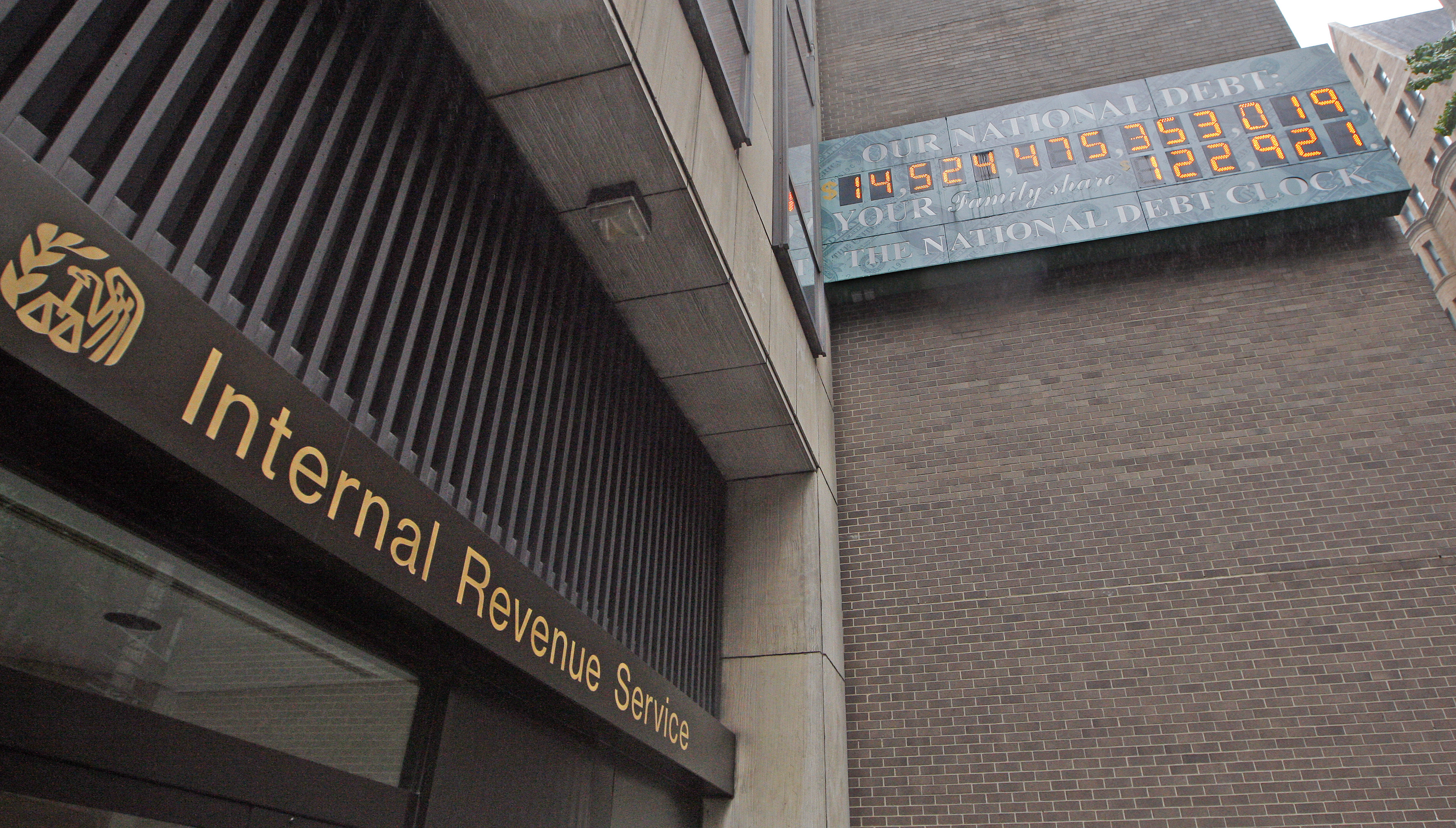
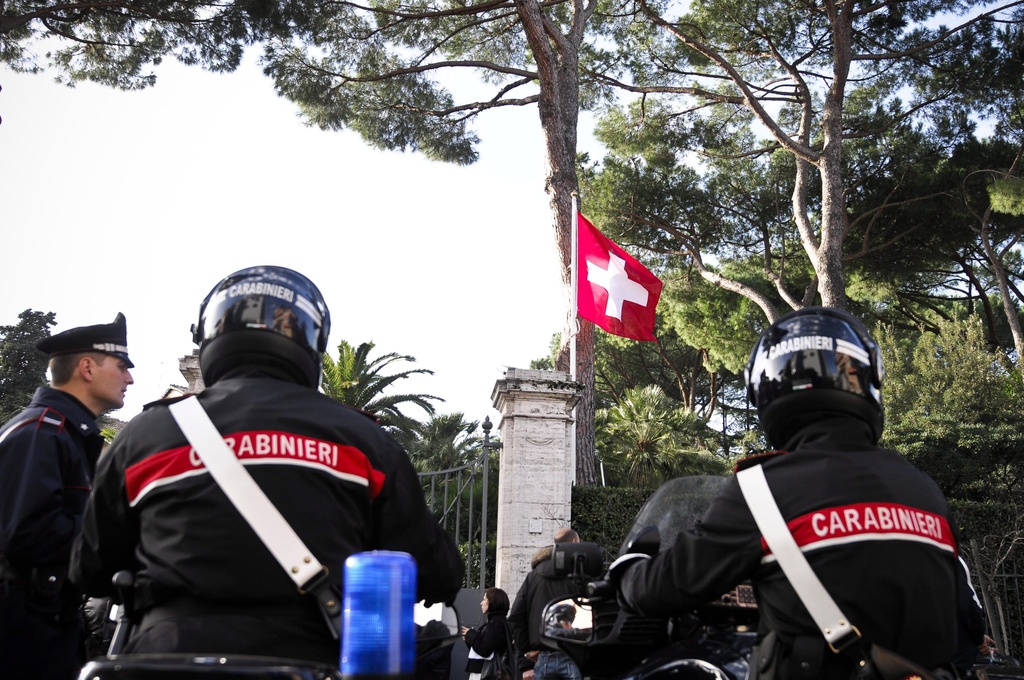
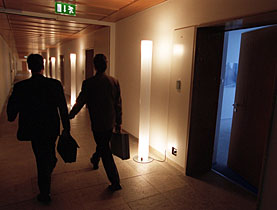
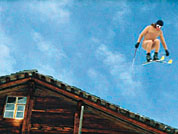
You can find an overview of ongoing debates with our journalists here. Please join us!
If you want to start a conversation about a topic raised in this article or want to report factual errors, email us at english@swissinfo.ch.